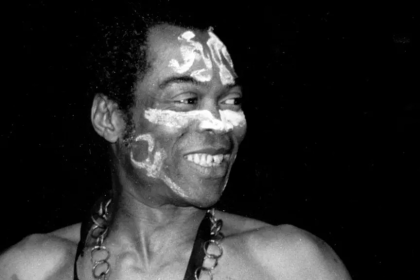Healthy conflict deepens relationships.
Lately, I’ve been studying friendship, and I’ve been asking people what they do when they’re upset with a friend. Most people have said that they suck it up, in order to preserve the relationship.
But what if I told you that if you’re suppressing conflict, you’re actually weakening your relationships? Research finds that engaging in non-blaming open conflict brings people closer and that people who engage in healthy conflict have greater well-being, are more popular, and have less depression, anxiety, and loneliness. And when people avoid conflict, they often choose to distance themselves instead, which damages relationships.
Many of our fears around engaging in open conflict stem from our misconceptions about what conflict has to look like. We have a picture in our heads of arguments escalating, shouting, and flipped over tables—like a game of Monopoly gone awry. Some of us may have even worked up the courage to confront others, only to have our relationships destroyed, leading us to conclude that silencing ourselves is the best approach; but our issue is likely not that we brought up points of conflict, but how we did it.
To work through conflict to better our relationships, we need to know how to do it effectively.
Step 1. Get your Mind and Energy Right.
First, if you’re pulsing with rage, it’s not the time to enter into conflict, as research finds that angry conflict damages relationships. You’re going into this conversation calmly, seeing it as an opportunity to better your relationship. Your approach isn’t adversarial—to put the other person in their place—but collaborative, to figure out ways to make the relationship better. Whatever is hurting you about the relationship is hurting the relationship because you are a participant in it. Having this mindset will help you feel validated (rather than selfish) in expressing your concerns.
Here are some questions to ask yourself before moving forward with the conflict:
- Am I seeing this conflict as an opportunity to make our relationship better?
- Can I approach this conflict calmly?
- Am I ready to share my concerns, but also to listen and empathize?
Step 2: Chose Your Opening Sentence Wisely
The first sentence you share should be one that draws the other person in rather than alienates them. It should affirm your relationship and set the tone for the conversation as collaborative via acknowledging the importance of working through the conflict to reach a mutual goal you each share (such as having a wonderful relationship).
Here are some common unproductive opening sentences, and what to replace them with:
“I need to talk to you about something you did that I found unacceptable.”” Us working well together means a lot to me, which is why I want to make sure that I’m talking openly about what’s on my mind so that we can work through it. And I’d like to take some time to hear your perspective as well.”“I’m really pissed over something you did and we need to talk about it.”“I love and value our friendship so much, but there’s been some stuff that’s weighing on me that I was hoping we could talk about so that none of it gets in the way of our friendship.”






